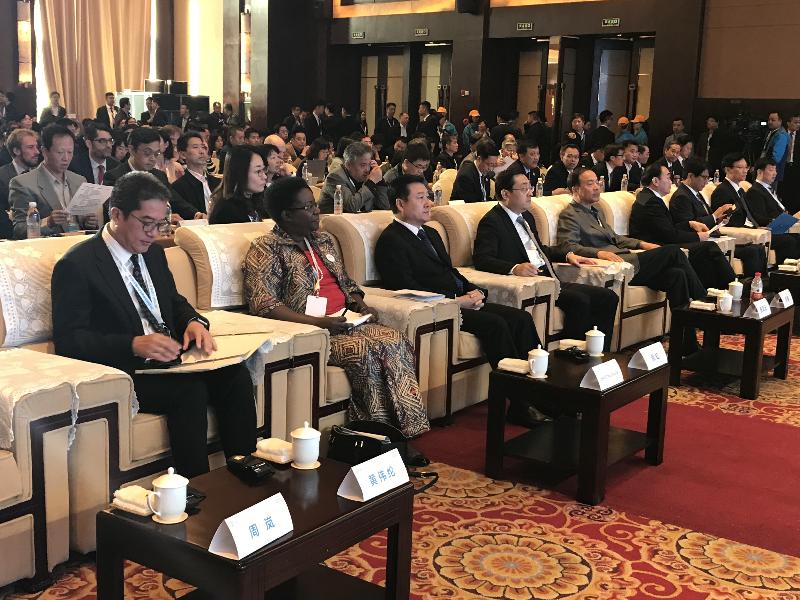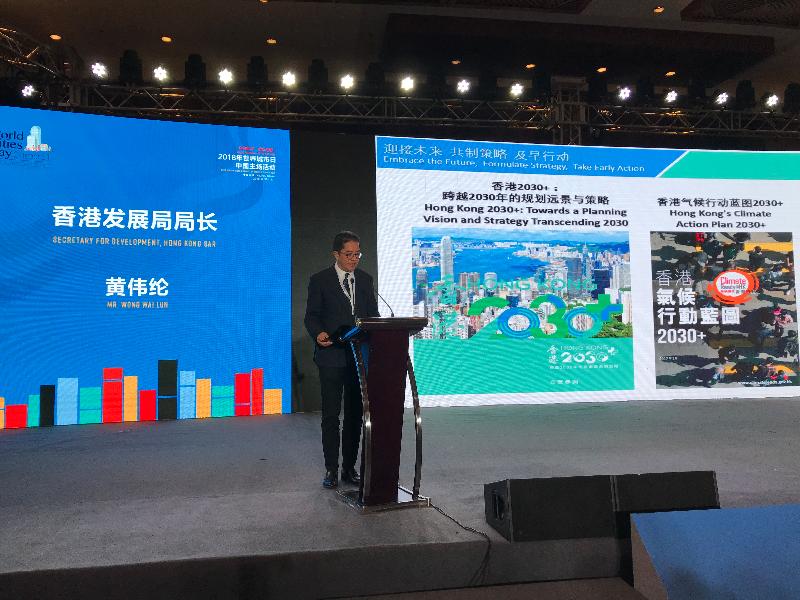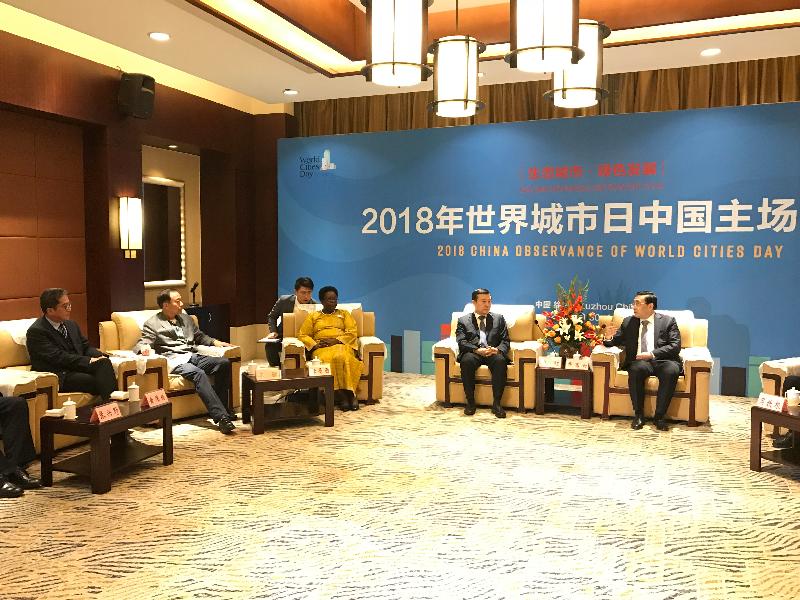LCQ9: Methadone Treatment Programme
Following is a question by the Dr Hon Chiang Lai-wan and a written reply by the Secretary for Security, Mr John Lee, in the Legislative Council today (October 31):
Question:
At present, the Department of Health offers two types of services, namely maintenance and detoxification treatment, through the Methadone Treatment Programme (MTP) in methadone clinics (clinics) on an outpatient basis to treat drug addicts’ opioid dependence. Recently, I have received complaints from members of the public that quite a number of drug addicts gather, take drugs and engage in drug trafficking activities near various clinics, raising doubts on the effectiveness of MTP. In this connection, will the Government inform this Council:
(1) of the respective numbers of patients who were (i) newly registered and (ii) re-registered, as well as (iii) the total number of registered patients, at each clinic in each of the past three years (set out in Table 1);
Table 1
| Clinic | 2015 | 2016 | 2017 | ||||||
| (i) | (ii) | (iii) | (i) | (ii) | (iii) | (i) | (ii) | (iii) | |
(2) of the number of (i) average daily attendance at each clinic, with a breakdown by whether the patients sought (ii) maintenance or (iii) detoxification treatment, in each of the past three years (set out in Table 2);
Table 2
| Clinic | 2015 | 2016 | 2017 | ||||||
| (i) | (ii) | (iii) | (i) | (ii) | (iii) | (i) | (ii) | (iii) | |
(3) of the number of patients who were provided with counselling services at each clinic in each of the past three years;
(4) of the respective average and longest time taken by persons who were successfully rehabilitated through MTP in each of the past three years; and
(5) whether the Government (i) reviewed the effectiveness and way forward of MTP, (ii) enhanced counselling and referral services and (iii) allocated additional resources to MTP, in the past three years, in order to more effectively help drug addicts quit the drug-taking habit; if so, of the details; if not, the reasons for that?
Reply:
President,
Our replies to the questions raised by Dr Hon Chiang Lai-wan are as follows:
(1) In the past three years, the numbers of patients of each methadone clinic who (i) were newly registered, (ii) were re-registered, and (iii) had registered are set out in Table 1.
(2) In the past three years, the numbers of (i) average daily attendance at each methadone clinic, and the breakdown by whether the patients sought (ii) maintenance or (iii) detoxification treatment are set out in Table 2.
(3) In the past three years, the number of patients who were provided with counselling services at each methadone clinic is set out in Table 3.
(4) Under the detoxification programme of Methadone Treatment Programme (MTP), depending on their condition, patients will receive methadone at tapered doses until total abstinence. Among those who completed detoxification in the past three years (2015-2017), the average and longest treatment durations were nine months and 85 months respectively.
(5) MTP as administered by the Department of Health (DH) aims to provide drug abusers with a legal, affordable, safe and effective out-patient treatment to help them ease their dependence on opioid and live a normal life, and reduce crimes. The effectiveness of MTP has been recognised by international bodies such as the World Health Organization (WHO), and methadone treatment is one of the many anti-drug measures recommended by WHO. In 2012, DH had commissioned international consultants to review MTP. The review result had reaffirmed the effectiveness of MTP which was recommended to be retained to provide maintenance treatment. DH will continue to monitor the application and development of methadone treatment.
In addition, counselling services are provided under MTP, while aftercare services are offered to rehabilitees having completed the detoxification programme to minimise relapse. Under the existing multi-modality approach in providing drug treatment and rehabilitation (T&R) services, the Government is also providing subvention for non-governmental organisations to operate voluntary residential T&R centres and community-based centres for drug counselling, which offer drug treatment and family counselling, vocational training, aftercare services, etc. People with drug abuse problems can choose the services which most suit their needs and circumstances. The Beat Drugs Fund (BDF) set up by the Government provides funding support for worthwhile anti-drug projects put forward by the community. Service providers can launch projects under BDF support to provide counselling and referral services, etc. to help drug abusers quit drugs. read more




